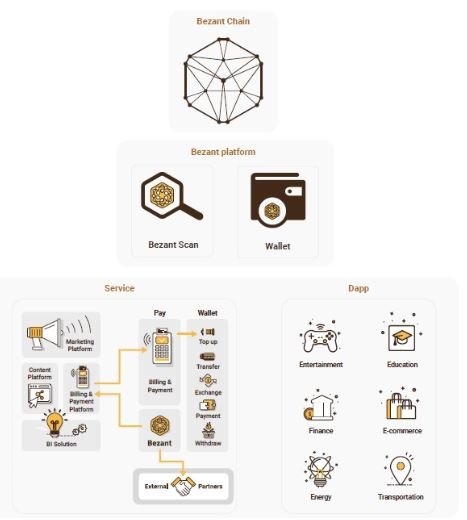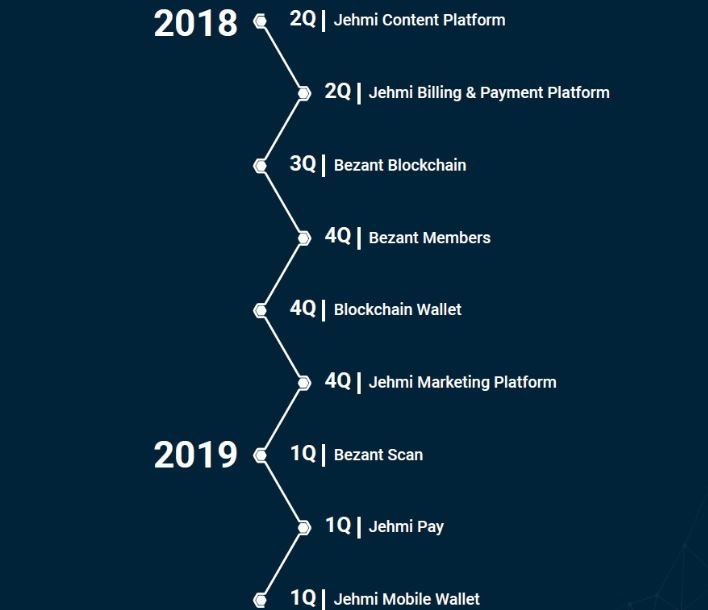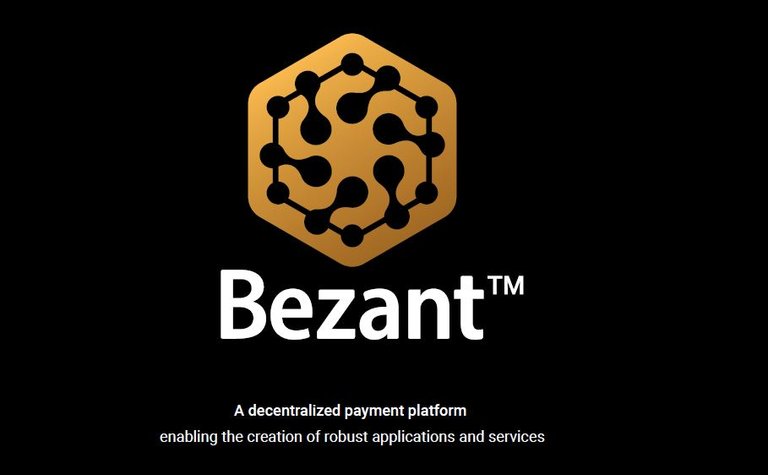The Problem




The Solution
Bezant Blockchain Platform
Bezant’s blockchain platform consists of both a blockchain and a service platform that work together to provide Service partners (SPs) with a dynamic blockchain-based payment platform to create new services. Bezant is targeting SPs with significant user and subscriber traffic across many industries: game publishing, e-commerce, music and video streaming, communications, social networking, and media channels.
The Bezant blockchain will be created using the Hyperledger fabric technology as a starting point, which provides a distributed ledger technology (DLT) enabling enterprise-ready network security, scalability, confidentiality, and performance, in a modular blockchain architecture.
Bezant Features:
1. Identity Authentication Service (IAS) - The Bezant blockchain is based on a private and permissioned network, therefore an Identity Authentication Service will be required. End users of the Bezant network must enroll through a Identity Authentication Service (IAS).
2. User Client (Application) - The client is an SDK for authentication and communication and is required for access to the Bezant blockchain. It represents the entity that acts on behalf of an end user. It must connect to a peer for communicating with the blockchain.
3. Peers - A blockchain network is formed from peer nodes, each of which can hold copies of ledgers and copies of smart contracts. A peer is a host for ledgers and chaincodes therefore, applications interact with peers to access resources. A peer also receives state updates in the form of blocks from the Orderers and maintains the state and the ledger.
4. Orderers - Orderers form a block by sorting the validated transactions from the Client and is responsible for distribution throughout the blockchain. This is the only cluster-based service provided in the blockchain and provides for continuous and uninterrupted service. As the Bezant blockchain service does not require mining on a public blockchain, it deals with real-time transactions based on trusted users. Therefore, it can deal with significantly higher throughput and lower fees (or no fees) than existing cryptocurrency blockchain protocols such as Bitcoin and Ethereum.
Bezant Service Platform

On top of this blockchain, the Bezant service platform will provide a Blockchain as a Service (BaaS) system design, which will allow Service Partners to create dynamic blockchain-based services for their users.
There are primarily two types of users for the service platform: 1) Enterprise users and 2) Individual end users who indirectly use the platform via Service Partners. The number of users on the blockchain and platform will increase as the Bezant network of Partners grows. The Bezant blockchain will provide multiple authentication services for each user and will create multiple channels to help ensure that there are no security problems.
The key attribute of the Bezant blockchain service will be efficient processing. Since the blockchain is based on a permissioned network, all participants are known and trusted, therefore, fewer levels of trust and verification are required across node types, and network scalability and performance are optimized.
Roadmap

Token Sale Details
Whitelisting: April 23, 2018 9:00 AM SGT (Singapore time)
KYC: Yes, required
Public pre-sale: May 03, 2018 9:00 AM SGT (Singapore time)
Ineligible countries: USA, China
Token unit: Bezant token
Token type: ERC20
Symbol: BZNT
Fundraising goal: US$40,000,000 (Hard cap)
Total tokens: 1,000,000,000 (one billion)
Available for token sale: 50% of total tokens issued
Useful Links
Token Website:
Roadmap/Team:
Whitepaper:
Twitter:
Facebook:
Instagram:
Announcement channel: https://bezant.io/ https://bezant.io/#roadmap https://cdn.bezant.io/bezant/Bezant_WP.pdf https://twitter.com/bezant_io https://www.facebook.com/bezantofficial https://www.instagram.com/bezant_io https://t.me/bezant_io
CAVEAT: This is not a recommendation to buy but just a mere research. Please still do your own research.

